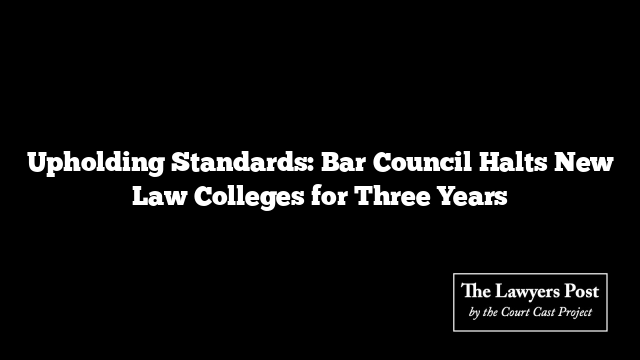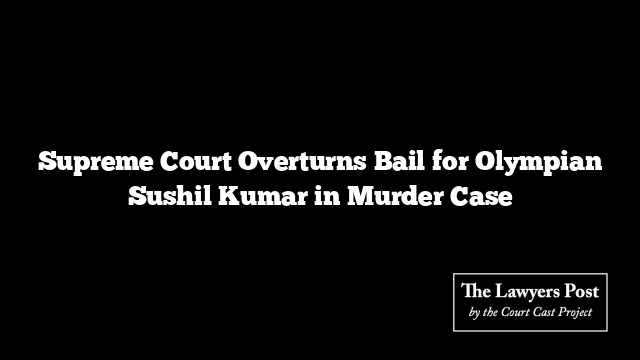In a decisive move to restore the sanctity of legal education, the Bar Council of India (BCI) has declared a three-year moratorium on the creation of new law colleges across the nation. This pause is a direct response to a burgeoning crisis: the unchecked proliferation of institutions that prioritize profit over pedagogy, a trend that the BCI says threatens the very foundation of the legal profession.
A Stand Against Substandard Education
The BCI’s press release on August 13 painted a stark picture of the challenges facing legal education. It highlighted the “unchecked mushrooming of sub-standard institutions” and “widespread academic malpractice.” The Council noted that many of these colleges receive approvals from state governments and universities without proper inspections, leading to a severe shortage of qualified faculty and a decline in educational quality. This moratorium is designed to put an immediate stop to this downward spiral and prevent the further commercialization of legal education.
Focus on Quality, Not Quantity
During this three-year period, the BCI will not only block the establishment of new colleges but also tighten its grip on existing ones. Current institutions will face rigorous scrutiny, and the introduction of new sections, courses, or batches will require explicit BCI approval. The Council emphasized that there are already an adequate number of legal education centers in the country, and the focus must now shift from expansion to quality enhancement.
The BCI has also issued a clear warning: colleges that fail to maintain standards risk severe consequences. These include the withdrawal of BCI approval, the derecognition of degrees, and the ineligibility of graduates to enroll as advocates. The Council also reserves the right to initiate legal proceedings against non-compliant institutions.
Key Exemptions and the Path Forward
While the moratorium is sweeping, it does include some crucial exemptions to ensure access to legal education remains equitable. The ban will not apply to proposals for colleges that exclusively serve socially and educationally backward classes, Scheduled Castes, Scheduled Tribes, and Economically Weaker Sections. Additionally, colleges proposed for remote or tribal areas, those catering specifically to people with disabilities, and proposals from state or central universities will also be considered. These exempted proposals, however, will still be subjected to a stringent review process to ensure they meet the highest standards.
The BCI has urged all stakeholders—including universities and government entities—to cooperate fully with this new regulation, which it sees as a vital step toward protecting the integrity of India’s legal education system.





